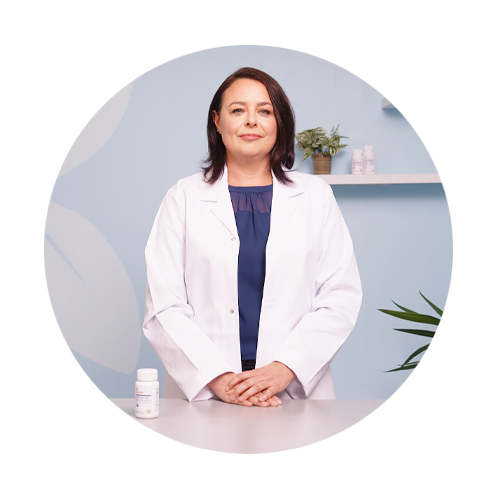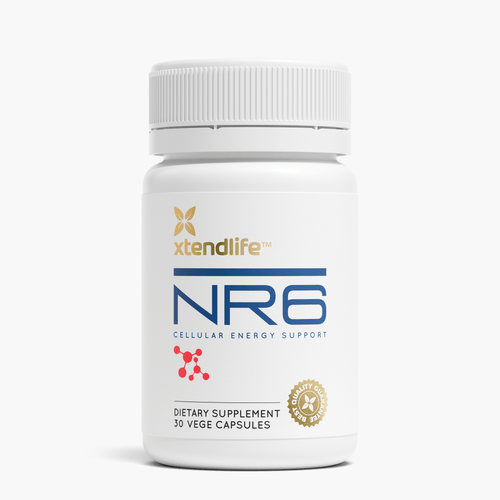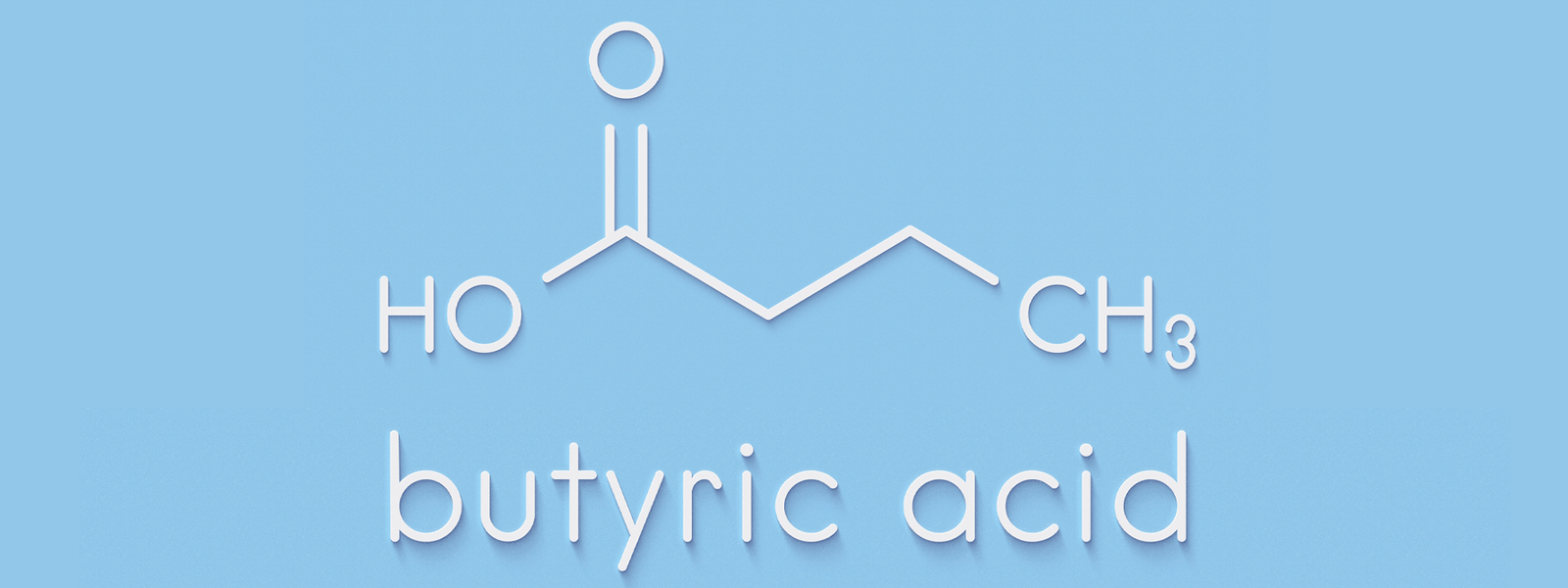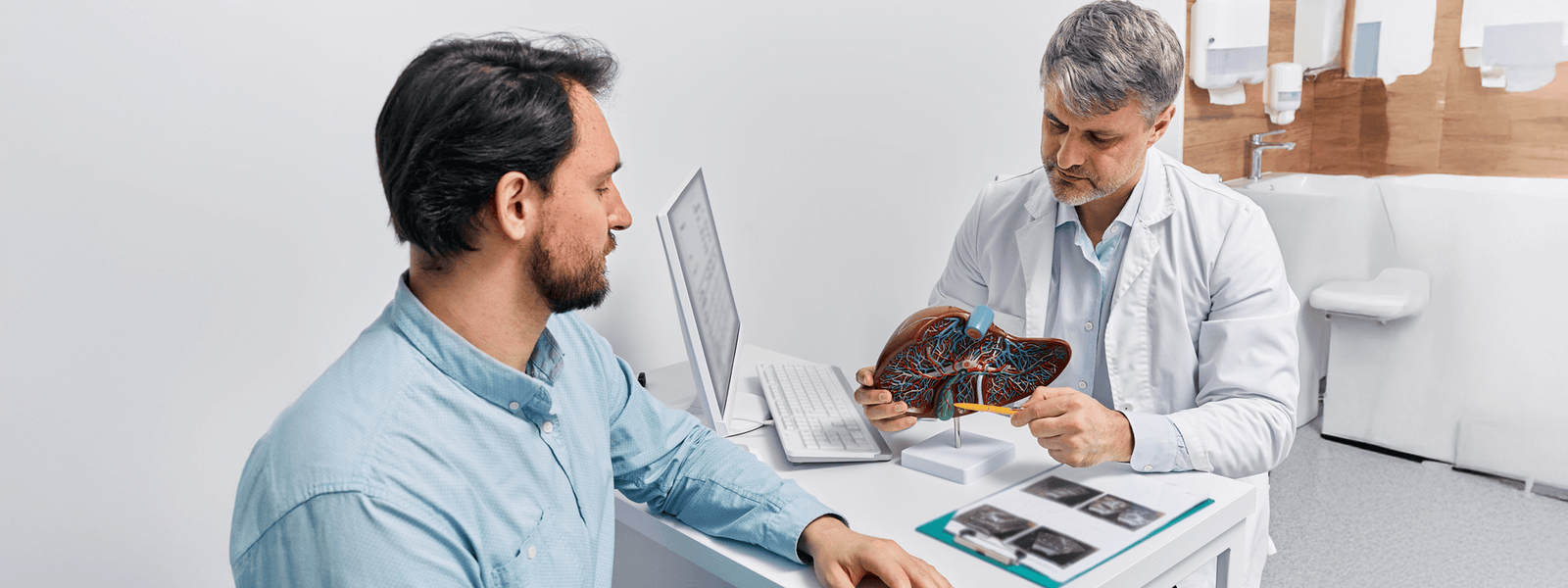
Dr. Amanda Wiggins
Xtendlife Research Scientist
Dr. Amanda Wiggins works with Xtendlife as the Chief Research Scientist, where she shares her knowledge of research, science and wellness.
It's been just over six months since we launched NR6, Xtendlife's world-leading supplement for boosting NAD+. NR6 has fast become one of our most popular supplements, and for good reason. Boosting NAD+ levels provides the building blocks cells need to maintain healthy, optimal function. Boosting cellular NAD+ is a bit like lubricating machinery - cells work better when their NAD+ levels are restored to more youthful levels.
Research on NAD+ is a fast-moving field of science and like you, we want to stay up to date on the latest findings. During our recent research review, we uncovered some truly exciting discoveries about the benefits of boosting NAD+, and we've pulled together a summary for your reading pleasure!
Emerging role of NAD+ in response to viral infection
Sepsis is a life-threatening and sometimes fatal condition caused by the body's own wayward immune response to infection. The cause of sepsis, and why some people suffer this condition and others have a mild or asymptomatic infection, is largely unknown (Sepsis is not to be confused with septicaemia which is an infection in the bloodstream).
Recently, scientists have hypothesized that lack of cellular NAD+ may be the root cause of sepsis in response to viral infection. They propose testing molecules that boost NAD+, such as nicotinamide riboside chloride(the main ingredient in NR6) as potential to prevent sepsis caused by covid-19 and other infections [1].
While unproven in humans, there is a basis to this hypothesis in research done on a mouse model of covid-19 infection. In this model of covid-19 lung infection, researchers boosted NAD+ levels and found that markers of excessive cellular inflammation were significantly reduced, compared to untreated controls. Most notable was that cell death was reduced by 65% by NAD+ boosting treatment[2]. The researchers behind this study concluded that their findings add weight to the idea that trials for treating covid patients with NAD+ boosting substances should be initiated.
In a recent high-profile review article by Charles Brenner[3] he describes covid-19 infection as an "NAD+ battlefield" whereby covid-19 infection strikingly depletes cellular NAD+ levels and conversely, boosting NAD+ inhibits coronavirus replication in test tubes.
One clinical trial has been completed in which patients with mild to moderate covid-19 were assigned either a placebo or a formulation containing four ingredients: nicotinamide riboside, carnitine, acetylcysteine, and serine for two weeks. This cocktail is a mixture of NAD+ and glutathione precursors. Those taking the supplement cocktail had an average time to complete recovery of 5.7 days, compared to 9.2 days for those on the placebo, and had much-reduced levels of inflammatory markers[4].
In another study, the role of NAD+ in response to other viral infections was investigated. Muscle biopsies from human patients showed that NAD+ levels declined in those with viral infections such as HIV, Hepatitis C, or Herpes. The lowest levels of NAD+ were in those persons who had the highest viral load - those who were coinfected with all three viruses, compared to biopsies from those who did not have a viral infection. Those with the lowest levels of NAD+ also had the highest levels of inflammation[5].
This study supports the theory that lack of cellular NAD+ may be involved in poor outcomes from viral infection and that boosting NAD+ could be a viable option for future covid-19 related clinical trials.
NAD+ and the Gut Microbiome
It is well established that nicotinamide riboside (the main ingredient in NR6) supports a healthy metabolism, including helping to limit weight gain from a high-calorie diet and increasing the use of glucose in the bloodstream. The has always been questions about exactly how this works. New research provides an intriguing insight into how nicotinamide riboside may benefit the metabolism.
Researchers fed mice a high-fat diet, with or without nicotinamide riboside. Those fed nicotinamide riboside had an increase in certain microbiome bugs that produce short-chain fatty acids, such as butyrate. Short-chain fatty acids are the main energy source for cells lining the digestive system. Keeping these cells healthy with bugs that produce short-chain fatty acids is crucial for gut health.
In this experiment, the researchers also showed that the beneficial changes to the gut microbiome that were bought about by nicotinamide riboside supplementation could be transferred over to other mice. Using fecal matter transfer to mice who had not received nicotinamide riboside showed that those mice receiving the transplant also experienced metabolic benefits. The main benefit was that they didn't gain excess weight when fed a high-fat diet[6].
So it may seem complicated, but the bottom line is it appears that nicotinamide riboside is useful in shifting the gut microbiome towards a healthier population of bugs, which is beneficial due to those bugs producing short-chain fatty acids which keep the digestive lining healthy[7].
The Role of NAD+ and Neurodegenerative Diseases
Randomized, placebo-controlled clinical trials are the gold standard method for finding out if a treatment is effective or not. This approach reduces the chances of getting biased results and increases the chances of getting results that tell the true story.
There are two new gold-standard clinical trials looking at the effect of nicotinamide riboside on neurogenerative diseases.
In one clinical study, 30 participants who had been recently diagnosed with Parkinson's Disease were given nicotinamide riboside daily for 30 days. Those receiving nicotinamide riboside had an increase in brain NAD+ levels, reduced inflammation and most importantly, mild clinical improvement compared to those taking the placebo[8]. It's early days in terms of research into NAD+-boosting molecules for Parkinson's, but the results are certainly promising.
Glaucoma is a disease that affects vision with degeneration of the optic nerve being one of its hallmarks. A clinical study is currently underway with 125 patients suffering from glaucoma. They will receive either nicotinamide riboside or placebo, for two years.
The aim of the study is to determine whether nicotinamide riboside treatment slows the rate of retinal nerve thinning. While the results are still a way off, we are keeping a watching brief on this study and will share the results when they're available.
The Bottom Line for NAD+
I think it's OK to admit this is a complicated area of science. NAD+ research speaks to the heart of biochemistry, molecular biology and medicine. It will be an evolving area of science for at least another decade. There are multiple fronts of research that are constantly expanding, providing insights into how NAD+ works in the body, and what NAD+ precursors like nicotinamide riboside do.
In this latest research round-up, we have looked at emerging evidence showing that boosting NAD+ may be beneficial for those suffering covid-19 infection, and we also spotted some of the earliest research showing that nicotinamide riboside is beneficial for the gut microbiome. We're also very pleased to see two new gold-standard clinical trials underway looking at nicotinamide riboside for neurodegenerative diseases.
While it's still early days, the bottom line is that the vast majority of research shows that boosting NAD+ - with nicotinamide riboside for example, is beneficial. To find out more about Xtendlife's NAD+ boosting formula, check out NR6.
NR6 - Natural NAD+ Booster
A synergistic combination of natural ingredients to support cellular energy and optimal NAD+ level.
Shop now
References
[1] Nicotinamide pathways as the root cause of sepsis - an evolutionary perspective on macrophage energetic shifts
[2] Treatment of SARS-CoV-2 induced pneumonia with NAD+ in a mouse model
[3] Viral infection as an NAD+ battlefield
[4] Combined Metabolic Activators accelerates recovery in mild-to-moderate COVID-19
[5] Reduced Levels of NAD in Skeletal Muscle and Increased Physiologic Frailty Are Associated With Viral Coinfection in Asymptomatic Middle-Aged Adults
[6] Nicotinamide Riboside-Conditioned Microbiota Deflects High-Fat Diet-Induced Weight Gain in Mice
[7] Metabolic Disease, NAD Metabolism, Nicotinamide Riboside, and the Gut Microbiome: Connecting the Dots from the Gut to Physiology
[8] The NADPARK study: A randomized phase I trial of nicotinamide riboside supplementation in Parkinson's disease


 Supplements
Supplements Superfoods
Superfoods Bundles
Bundles



















